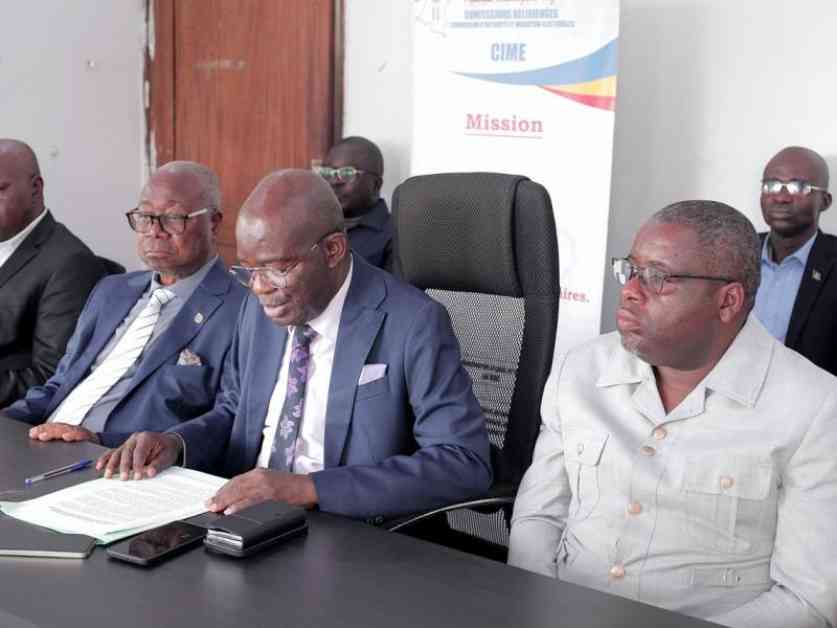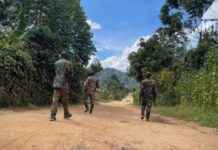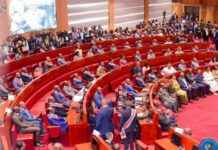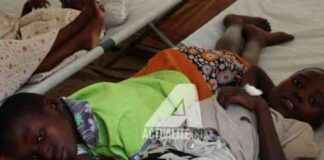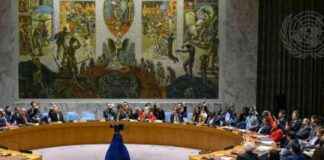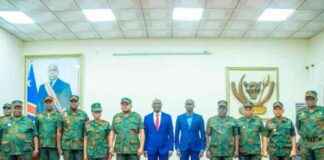**CIME Applauds Presidential Amnesty, Key to Political Relaxation**
In a recent statement, the Commission on Electoral Integrity and Mediation (CIME) in the Democratic Republic of Congo (DRC) has broken its silence since the last electoral process, addressing various pressing issues in the country. From the security situation in the East to the debate on constitutional changes, the organization has focused on President Félix TSHISEKEDI’s decree on December 31st, granting collective amnesty to eligible prisoners. This decision has been praised for easing political tensions in a country currently deeply divided.
President’s Decree Overview
Under the presidential order, proposed by the Minister of Justice, individuals serving sentences of less than five years for penal servitude or forced labor as of December 31, 2024, will have their remaining sentences commuted. For those with sentences of five years or more, five years will be deducted from their remaining time. Additionally, the death penalty will be commuted to life imprisonment, and life imprisonment will be reduced to a 20-year sentence.
Exclusions and Application
However, these measures will not apply to fugitive convicts or those convicted of crimes against peace, humanity, or specific offenses outlined in the law. The amnesty also excludes individuals convicted of sexual violence, embezzlement, corruption, terrorism financing, economic crimes, and offenses against state security. The process will be overseen by a national commission, ensuring fairness and transparency.
Implementation and Reactions
During a recent press briefing, Justice Minister Constant Mutamba assured the public that the presidential decree would be enforced by the end of January, applying to all Congolese citizens meeting the eligibility criteria. He emphasized that no monetary exchange will be required for prisoners to benefit from the relaxation measures.
Prominent opposition figures like Jean-Marc Kabund, Seth Kikuni, and Jacky Ndala, each facing distinct prison terms, could potentially regain their freedom. Minister Mutamba emphasized that there will be no special treatment for any prisoners, reinforcing the principle of equality under the law.
As the nation awaits the outcomes of this amnesty, there is a sense of hope and anticipation for a more unified and inclusive political landscape in the DRC.
—
**Humanizing Touch:**
Imagine being separated from your loved ones, uncertain of when you will see them again. For many families in the DRC, the recent presidential amnesty offers a glimmer of hope, a chance to reunite with those who have been incarcerated. The prospect of freedom, of a second chance, is a powerful motivator for positive change in a country grappling with political tensions and division.
As we look beyond the legalities and policies, let us remember the human faces behind bars, the individuals who stand to benefit from this act of clemency. Each person seeking forgiveness and a fresh start, each family eagerly awaiting the return of their loved one – these are the real stories that remind us of the significance of this presidential decree. Let us embrace empathy and understanding as we navigate the complexities of justice and reconciliation in the DRC.
